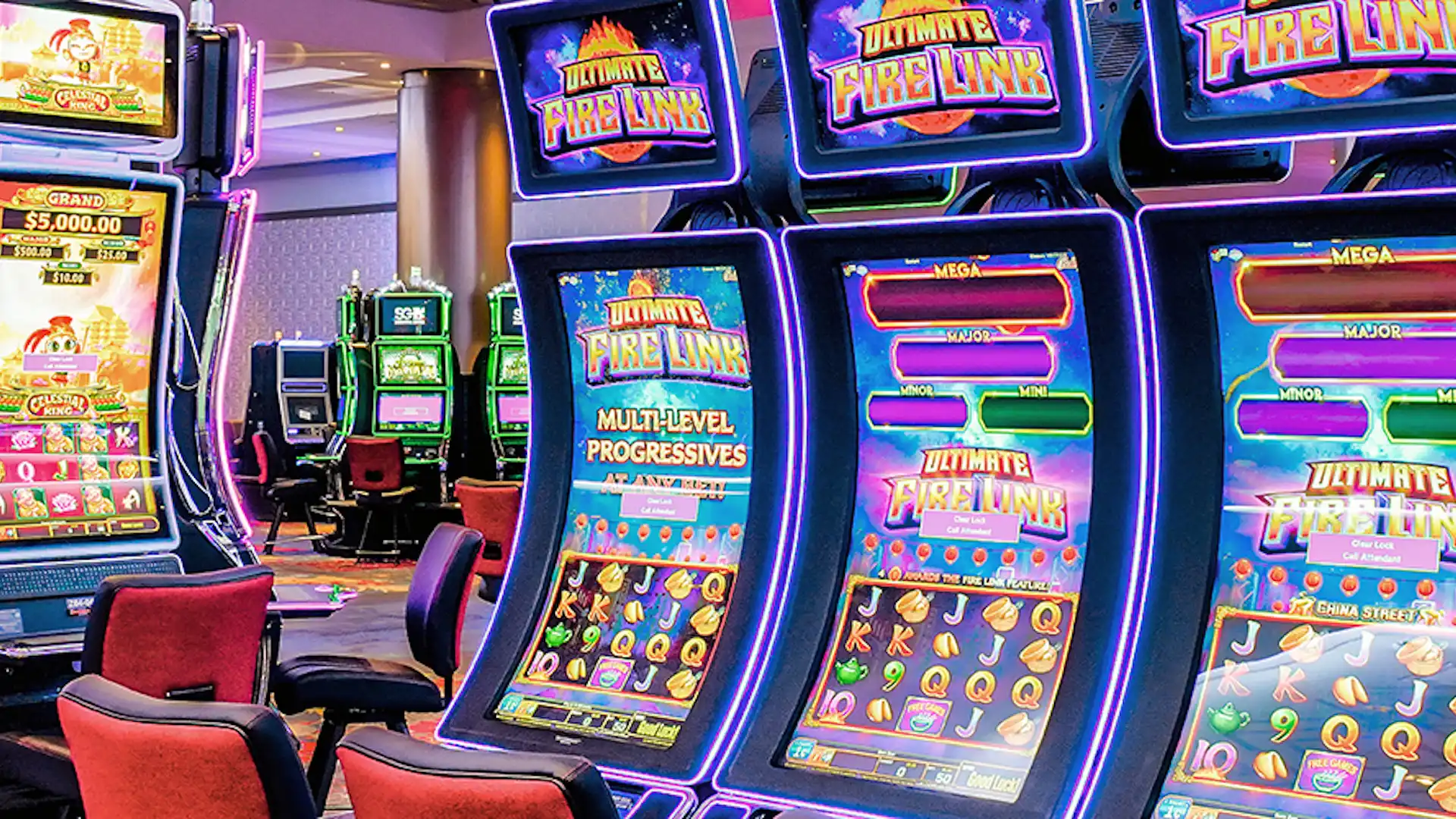
The realm of gambling games is continuously evolving, influenced by dynamic regulations, technological progress, and shifting player preferences. As governments and gaming commissions strive to create a secure and fair environment for gamblers, the landscape of casino regulations is undergoing major modifications. Understanding these changes is important for both operators and gamblers looking to explore the thrilling yet complex realm of gambling.
In recent times, numerous regions have suggested and implemented new policies aimed at enhancing player protection while encouraging ethical gaming. These developments not only affect the varieties of casino games available but also how they are advertised and accessed. In this article, we will explore the most recent regulation changes, their effects for the industry, and what players can look forward to as they interact with their favorite casino games.
Revised Regulatory Systems
Recent developments in gaming regulations are shaping the future of gaming games across multiple jurisdictions. Governments are acknowledging the need for a robust oversight structure that not just protects gamblers but also provides equitable gaming and sensible gambling. These guidelines are designed to tackle issues such as internet-based gambling, digital currencies, and advancements in technology, reflecting the transforming landscape of the casino industry.
One significant change is the introduction of tighter rules regarding transparency and gambler security. Gambling venues are now required to disclose clear information on odds, returns, and the possible hazards involving betting. This change aims to equip customers by helping them make wise judgments while also assisting to address gaming addiction through sensible play initiatives. Casino owners are required to establish self-exclusion systems and make available assistance for individuals seeking support.
Additionally, emerging regulations are being implemented to new technologies such as VR and distributed ledger technology in gaming platforms. Oversight bodies are crafting standards to assure that these innovations maintain authenticity and fairness while also securing gambler information. As the field progresses, regulators are adjusting to ensure that developments enhance the casino experience while shielding both gamblers and providers.
Effect on Casino Game Variety
The latest updates in gaming rules have opened novel pathways for gaming experiences, allowing for enhanced innovation and variety within the field. As oversight agencies refresh their guidelines, creators are encouraged to create original gameplay experiences that appeal to a wider audience. This has produced a rich collection of new games, incorporating multiple concepts, categories, and features that were formerly neglected or limited by tighter policies.
With a looser regulatory environment, gambling venues are now capable to try out alternative types of games, including skill-based games and engaging experiences. This shift has resulted in a rise in hybrid games that mix conventional gambling features with modern gameplay trends, such as electronic gaming and augmented reality. By expanding the variety of games available, gaming venues can attract not only veteran gamblers but also non-professional players who may prefer alternative choices.
Moreover, the development of standards has highlighted openness and fairness in games, which could build higher trust from players. As a benefit, consumers are more willing to consider a broader selection of game options, understanding they are participating in services that comply with modern regulations. This growing belief enhances engagement and can ultimately boost revenue growth as more varied offerings cater to varying interests and demographics in the gambling landscape.
Emerging Transitions in Regulation
As the casino landscape changes, oversight bodies are more and more focused on adopting tech-driven solutions to enhance openness and justice. The integration of blockchain technology into gaming games is expected to gain traction, allowing for increased oversight of operations and ensuring that games remain just and unchangeable. This transition could lead to a compliance framework that accepts these innovations, promoting confidence among participants and providers alike.
In addition to tech-based integration, there will likely be a stronger emphasis on responsible gaming methods within the regulatory environment. non GamStop Authorities are expected to implement tougher measures to promote participant protection, including mandatory self-exclusion programs and strong age verification systems. This shift aims to defend at-risk populations while ensuring that the experience of gambling activities is upheld for prudent gamblers.
Lastly, as digital gaming continues to grow globally, standardization of laws across different areas will become a urgent need. Countries may endeavor to partner more closely on common standards for licensing, operation, and taxation. This could lead to a more streamlined regulatory framework for international operators, fostering a greater acceptance of internet gambling games while maintaining robust of player protection and honesty in the gambling industry.
